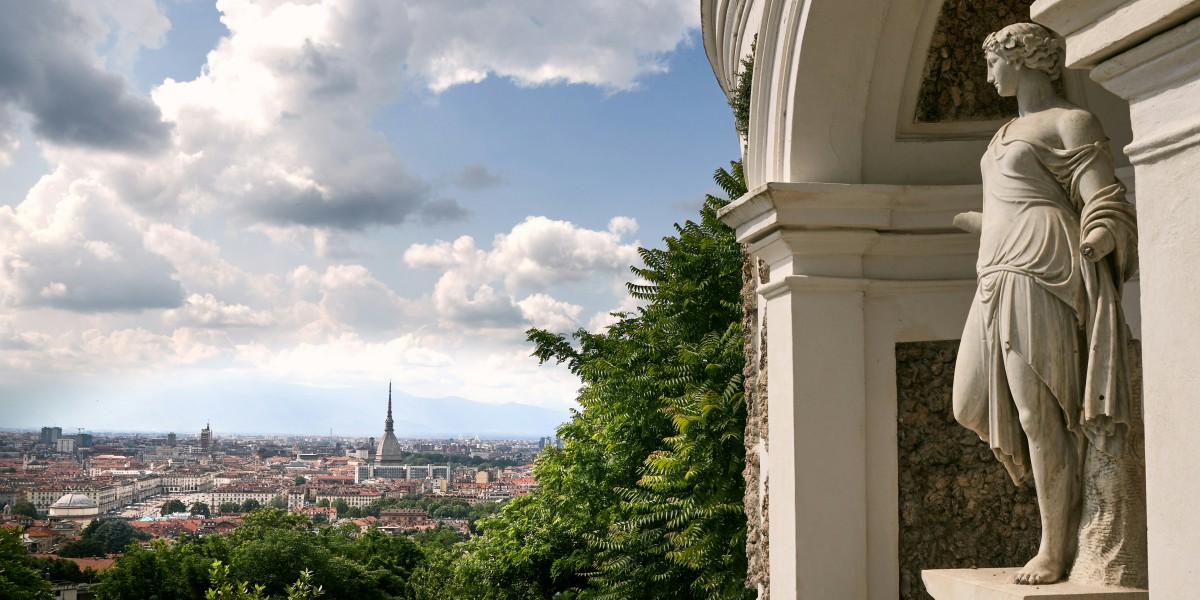
The capital of the Piedmont region is a place of understated elegance, a city of royal palaces and grand arcades that also served as the engine room of Italy's industrial heyday. As Italy’s fourth-largest city, with a population of just under 900,000, Turin, or Torino, has all the amenities of a major urban centre but without the chaotic energy of Rome or Milan.
Living in Turin means life in the shadow of the Alps while enjoying the buzz of a city that still echoes with a rich intellectual history.
Is Turin a good place to live?
The Turin quality of life is one of its biggest draws. The lifestyle here is built around savouring the good things, from the elegant architecture that lines the streets to the world-class food and wine that comes from the Piedmont region. Much of daily life happens under the city’s famous porticoes, miles of covered arcades that allow for a leisurely passeggiata or a browse of the shops.
This elegant surface is underpinned by a more industrious, inventive character, a testament to its heyday as the centre of Italy's automotive industry. It’s this same spirit of innovation that also established the city as the birthplace of Italian cinema.
Living in Turin: pros and cons

When relocating to somewhere completely new, it's always a good idea to weigh up the good and bad before fully committing to the move.
Some of the pros of life in Turin include:
- A high quality of life for less. You get all the benefits of a major Italian city, but rents, property prices, and daily expenses are noticeably more manageable.
- Unbeatable access to the outdoors. The Alps are a constant presence on the skyline and are incredibly easy to reach. You can be on world-class ski slopes or summer hiking trails in about an hour.
- An authentic cultural experience. It’s not overwhelmed by tourism, allowing for a more authentic experience of day-to-day life. Y
And the cons:
- The northern Italian climate. Turin's position in the Po Valley means winters are often cold, damp, and can be quite foggy. Summers are warm, but the grey winter months can feel long for those used to more sunshine.
- A competitive job market. While the city is a major hub for engineering and the automotive industry, its job market isn’t as large or dynamic as Milan’s. Finding work can be competitive, particularly if you're not fluent in Italian.
Is Turin expensive?
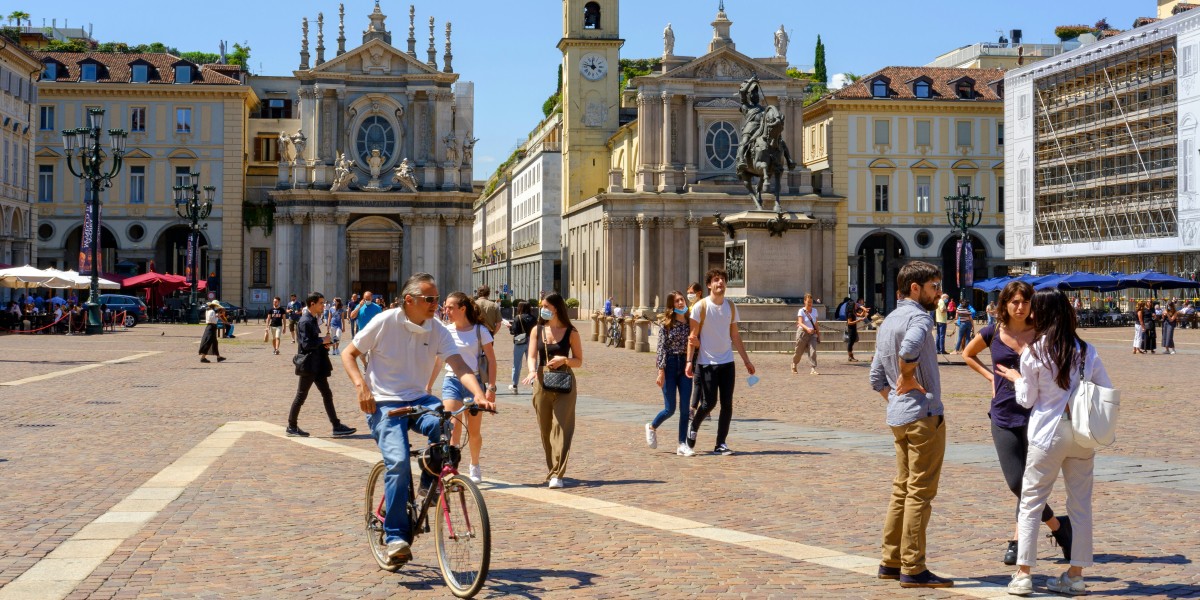
How much money you need to live in Turin really depends on your lifestyle and living situation. However, the cost of living in Turin is one of the city's most appealing aspects, especially when you compare it to other big Italian cities like Milan or Rome. It offers a much more accessible entry point without asking you to compromise on lifestyle.
As for housing, property prices in Turin averaged around €1,938 per m² in July 2025, while rent prices in Turin averaged €12.2 per m², meaning an 80m² apartment would typically cost around €975 per month. In fact, Turin's dynamic property market is attracting international investors, fuelled by tourism and the student scene.
Eating out won't break the bank, as according to Numbeo, a main dish in an inexpensive restaurant is around €16, and a meal for two in a mid-range spot is about €65. A beer can be between €4.50 and €6, and thankfully, a proper Italian coffee is still an affordable pleasure at generally less than €2.50.
Utility bills for a standard flat can cost between €120 and €280 a month, depending on your lifestyle and how much heating you use in the colder months.
Best areas to live in Turin
Turin is a fairly compact city, and its efficient public transport makes getting around straightforward. Even so, each quartiere offers a unique atmosphere, so picking the right one can really shape your experience.
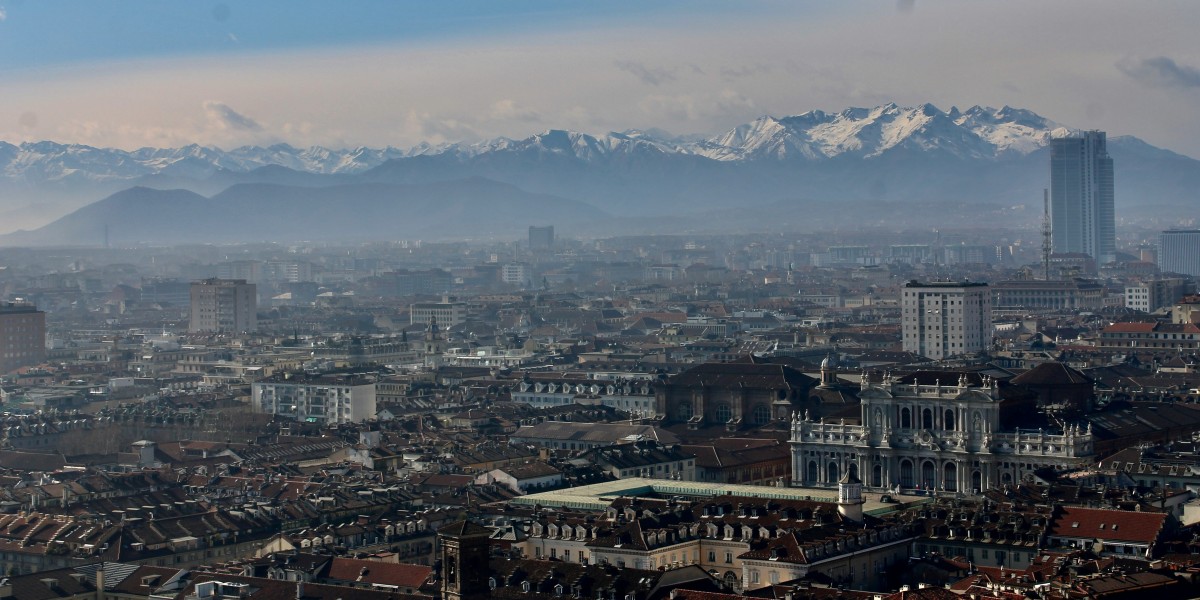
Centro
The centre is a beautiful grid of grand historic squares, royal palaces, and elegant streets lined with arcades. You can walk almost everywhere, with the city's best museums, theatres, and historic cafes on your doorstep. It is, however, the most expensive part of town, with property prices averaging €3,246 per m2 in July 2025, and it can get busy, especially on weekends.
Crocetta
Just south of the centre lies Crocetta, a prestigious and tranquil residential area. It boasts stunning Liberty-style (the Italian take on Art Nouveau) architecture and a famous daily market. It’s a very safe, clean, and well-serviced neighbourhood, although the elegance comes at a price, as it’s one of Turin's priciest districts.
San Salvario
Situated next to the beautiful Parco del Valentino and the river, this multicultural neighbourhood is the beating heart of Turin’s nightlife. It’s packed with bars, non-Italian restaurants, and late-night spots. Popular with students and young people, the trade-off for all this energy is that it can be quite noisy at night.

Vanchiglia
Often described as Turin’s bohemian quarter, Vanchiglia is located just east of the centre, close to the university campuses. It has a creative, slightly alternative vibe and is filled with independent shops, artisan workshops, cool bars, and art galleries. It’s a great choice for students and young creatives looking for a lively area that’s a bit more affordable than the centre.
Cit Turin
This small, well-to-do neighbourhood is another gem for lovers of Art Nouveau architecture. Cit Turin is quiet, residential, and very elegant. Its main draw is its convenience, as it’s home to the Porta Susa high-speed train station, connecting you easily to Milan, Florence, and the rest of Italy. It's great for professionals who travel frequently but want a peaceful home base.
What to do in Turin
When it comes to what to do in Turin, the options are rich and varied. It has some of Italy's best museums, including the incredible Egyptian Museum—the world's second-largest collection of its kind—and the National Cinema Museum housed in the city's landmark Mole Antonelliana building, one of Italy's tallest buildings.
You can also check out the Royal House of Savoy, one of Italy's many UNESCO World Heritage Sites. Plus, the Alps are right on your doorstep, meaning world-class skiing and hiking are just a short train ride away.
Eating and drinking in Turin
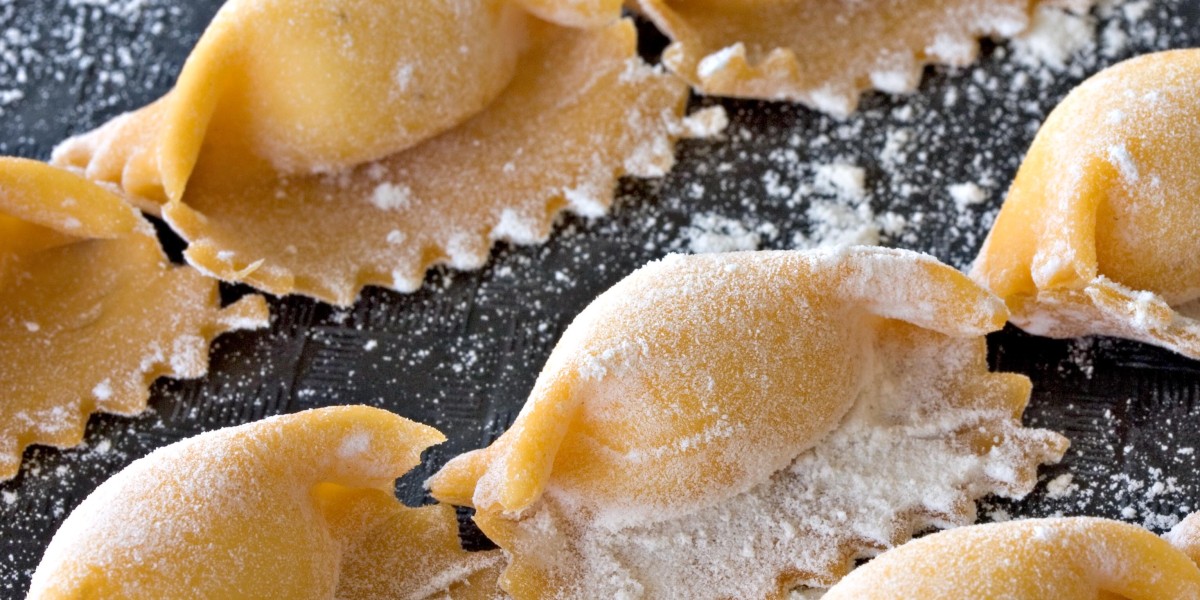
Firstly, Turin is the birthplace of the aperitivo, and the pre-dinner ritual of a drink and snacks is a cherished local institution. And then there's the food. This is the capital of a region renowned for its culinary traditions.
You can start your day with a Bicerin, a decadent local drink of layered coffee, chocolate, and cream, or indulge in some classic fresh pasta dishes typical in Northern Italy, like Agnolotti del Plin. The city is also the home of Gianduja, the hazelnut-chocolate blend that gave the world Nutella, and one of Italy's most irresistible chocolate treats.
Living in Turin as a student
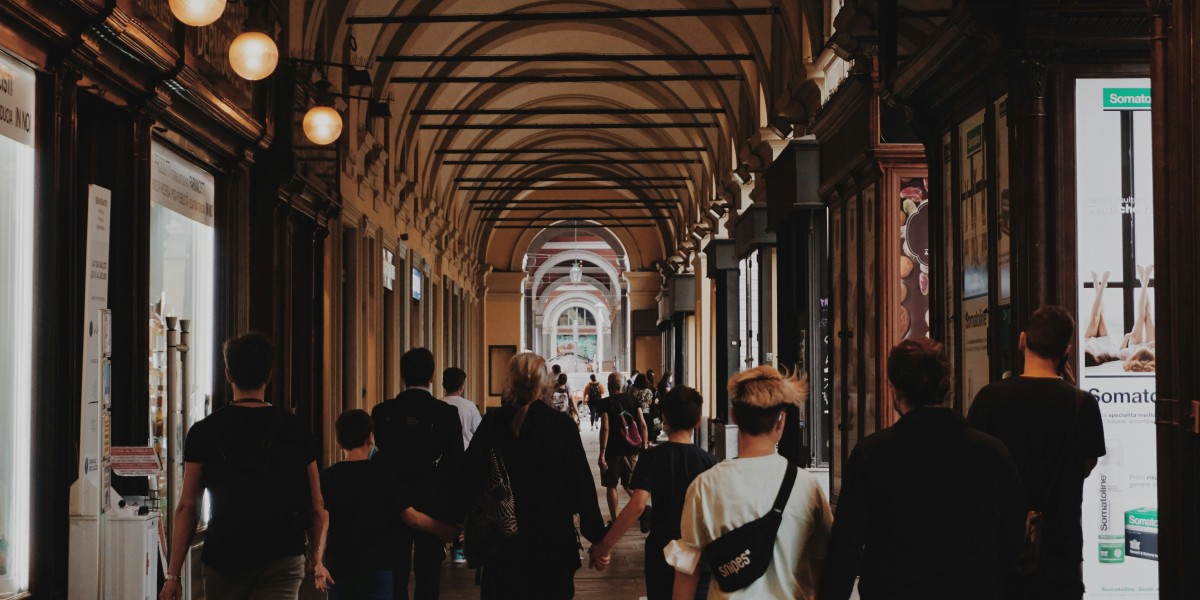
Turin is a fantastic choice for international students looking to study abroad in Italy as it has a brilliant mix of high-quality education and an affordable social scene.
Your biggest expense will be accommodation. A room in a shared flat typically costs between €300 and €500 per month, though you can halve this if you opt for a shared room. As mentioned, the best places to look are in student-centric neighbourhoods like the lively San Salvario or the bohemian Vanchiglia.
Managing day-to-day expenses is very doable. If you do your shopping at local markets and affordable supermarkets, you can budget around €200-€300 a month for food. Getting around is also cheap and easy; the public transport network is excellent, and a monthly travel pass for university students is only €25.
The city’s famous aperitivo culture is perfect for students, as many bars offer extensive buffets for the price of a single drink. Turin is full of museums, cinemas, and cultural events that offer student discounts, and on sunny days, everyone flocks to the beautiful Parco del Valentino to relax by the river Po.
Living in Turin as a foreigner
For expats in Turin, the city offers a chance to build a life in a place that feels both authentically Italian and welcoming to newcomers. There is a significant international community here with foreign residents making up nearly 16% of the Turin population. To get plugged in, groups like Internations are a popular starting point, as they organise regular events and dinners that make it easy to meet other people who are new to the city.
English is spoken in Turin, notably in the city centre, in international companies, and among younger Italians. However, for true integration and for navigating the essential parts of daily life, learning Italian is pretty much non-negotiable.
Making the effort to move beyond the expat 'bubble' will make your experience of living in Turin as an expat infinitely more rewarding. The locals are generally friendly but can be a little more reserved than in the south of Italy, so taking language classes or joining clubs based on your hobbies is a great way to build genuine connections.
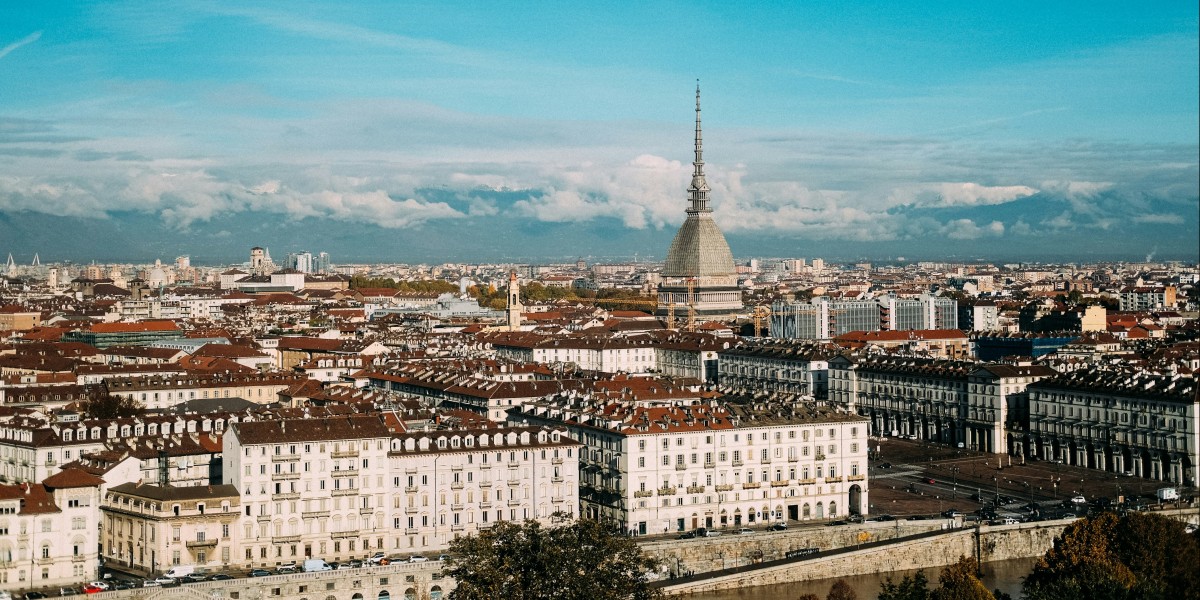
Stay in the know about living in Italy as a foreigner—get our weekly newsletter for the latest travel, legal, and lifestyle news.
For a taste of the high life, sign up for the monthly luxury market round-up.
